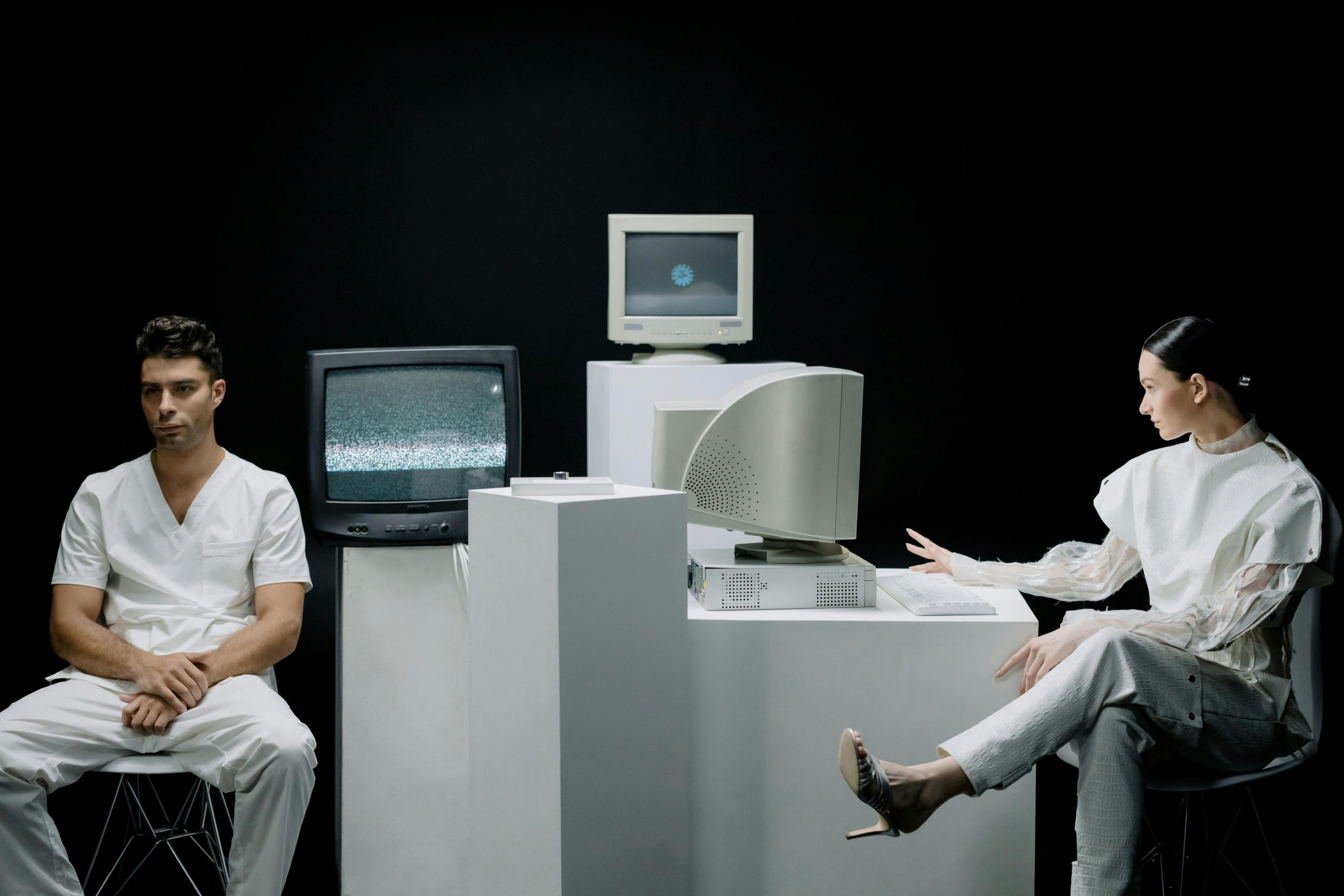Will Artificial Intelligence Replace Human Roles? Reflecting on the Impact of AI in the Workplace
As advancements in Artificial Intelligence continue to accelerate, a common question emerges: Are we at risk of being replaced by AI in our professional roles? Many professionals observe AI’s increasing capabilities and wonder how it might reshape their industries—and their careers.
A recurring sentiment among workers is reassurance when it comes to jobs involving direct human interaction. For instance, roles centered around personal communication, empathy, and nuanced understanding are often viewed as less susceptible to automation. This optimism is based on the assumption that AI lacks the genuine human touch necessary for effective interpersonal engagement.
However, this self-assured stance can sometimes lead to unintended doubts. When contemplating the rapid evolution of AI, it’s natural to question whether these safeguards hold firm. Could even jobs with a seemingly human element be affected in the future? The uncertainty underscores the importance of staying informed and prepared for ongoing technological shifts.
In many workplaces, AI has already begun to influence operations—albeit in limited ways. For example, some organizations utilize AI tools to recommend vendors or streamline document review processes, such as analyzing legal documents for consistency and compliance. While these implementations can improve efficiency, they often do not replace the core human elements of judgment and relationship-building.
The concern about AI expanding beyond its current scope is valid. Many professionals worry about the implications if AI tools like chatbots become more prevalent in client interactions. Opening this “Pandora’s box” could introduce significant challenges, including issues related to trust, client satisfaction, and industry ethics.
Ultimately, AI’s role in the workplace is evolving. While it offers remarkable potential to enhance productivity and automate routine tasks, the uniquely human skills—empathy, nuanced judgment, and complex decision-making—remain vital. Embracing AI as a complementary tool rather than a replacement will be key to navigating the future of work successfully.
What are your thoughts? Do you believe AI will eventually replace certain roles, or will it serve predominantly as a supportive technology? Share your opinions and concerns in the comments below.


Leave a Reply